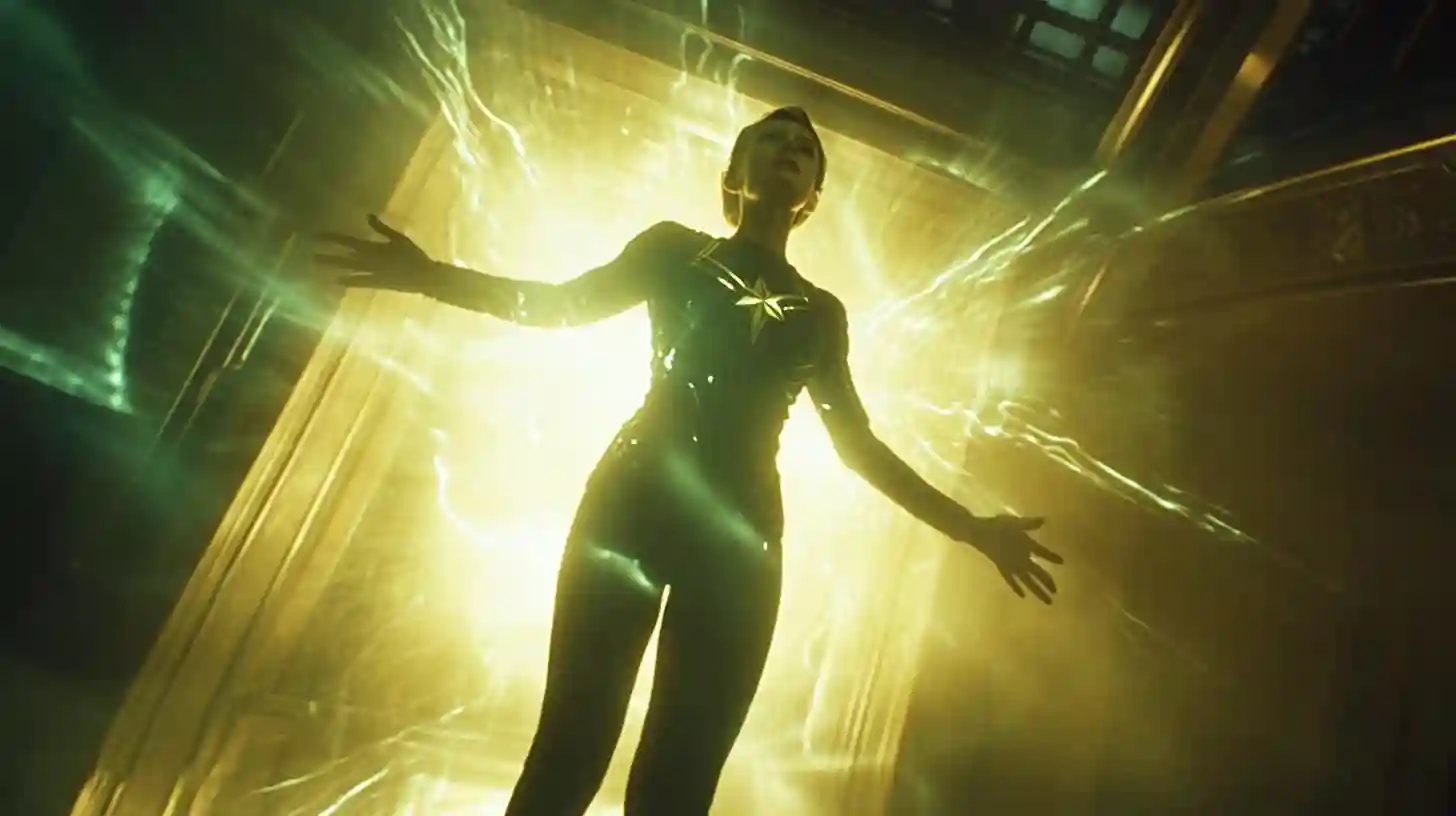
Captain Marvel has emerged as a transformative force in the realm of superhero cinema, encapsulating the essence of empowerment and diversity. Released by Marvel Studios, the film not only showcases thrilling action and visual splendor but fundamentally alters the landscape by presenting a female superhero in a leading role, characteristic of a broader cultural shift towards inclusivity. This groundbreaking approach not only appeals to long-standing fans of the superhero genre but also invites a new generation of viewers who can see themselves reflected on screen.
Brie Larson's portrayal of Carol Danvers, also known as Captain Marvel, is pivotal in this narrative. Her performance is layered with strength, vulnerability, and complexity, ensuring that she resonates with audiences across demographics. The character herself is not merely a vessel for superhuman feats; she represents a journey of self-discovery and empowerment. The film explores her origins, grappling with identity and memories, against the backdrop of cosmic battles and intergalactic conflicts. This narrative depth sets Captain Marvel apart from many of its predecessors, where female characters often took a backseat to their male counterparts. Here, Danvers is the central figure, facing her challenges head-on and embodying a spirit of resilience that echoes beyond the screen.
Moreover, the film's themes of female solidarity and resilience stand out in an industry that has been criticized for its lack of strong female representation. The dynamic between Carol and her friend Maria Rambeau is a testament to the power of friendship and support among women, illustrating that their strength lies not only in their individual capabilities but also in their bonds with each other. This representation is particularly crucial in a world where women often contend with societal and systemic obstacles. By advancing this storyline, Captain Marvel sends an important message that the journey to self-actualization is one that can be shared, affirmed, and celebrated.
Another key aspect of Captain Marvel’s impact is its connection to broader societal movements, particularly in discussions surrounding gender equality and representation in media. This film emerged during a time when conversations about diversity in Hollywood were gaining momentum, marking a significant moment in the push for change. The film's success has opened doors for more female-led projects and stories centered on diverse experiences. As audiences increasingly demand narratives that reflect their realities, Captain Marvel stands as a beacon of hope and an example of how films can contribute to cultural discourse.
The visual effects, action sequences, and overall production quality of Captain Marvel also signify a commitment to excellence in filmmaking. The film seamlessly combines thrilling visual artistry with a compelling storyline, maintaining the high standards set by the Marvel Cinematic Universe. This blend of aesthetics and substance creates a viewing experience that captivates audiences and makes a lasting impression. As with many superhero films, the spectacle is important, but the substance behind that spectacle is what truly resonates with viewers.
Captain Marvel not only sets a high standard for superhero origin stories but also expands the narrative possibilities within the genre. With its cosmic backdrop, the film ventures into new territories while maintaining some grounded themes that audiences can relate to. The intergalactic struggles faced by Danvers resonate with personal battles faced by many, making her journey not just one of cosmic significance but one that mirrors the everyday realities of fighting to find one's place in the world.
While some may argue that superhero films are primarily entertainment, Captain Marvel elevates the genre by infusing it with deeper social commentary. This film encourages discussions about gender roles, power dynamics, and the importance of seeing women in leading roles, not just as side characters or love interests. The film's success is encouraging for future filmmakers pioneering stories that challenge stereotypes and push for representation across various identities.
The cultural conversation surrounding Captain Marvel is indicative of a larger movement within Hollywood towards more inclusive storytelling. Audiences are beginning to recognize the need for stories that reflect the nuances of different experiences, and Captain Marvel plays a key role in fulfilling that need. Its legacy is not merely in the box office numbers but in the inspiration it provides for future generations of filmmakers and storytellers. The bright light that is Captain Marvel continues to shine, illuminating the path for change and inspiring a more inclusive superhero landscape where every hero's story matters and every voice is heard.